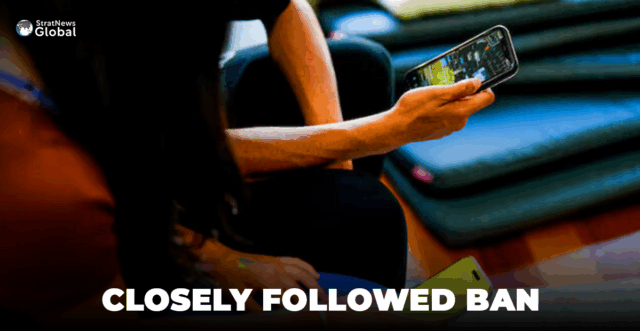While no age-verification software is foolproof and some apps collect excessive data, using such technology to enforce a teenage social media ban can still be effective in Australia, according to the head of the world’s largest trial of the system.
The view from the government-commissioned Age Assurance Technology Trial of more than 1,000 Australian school students and hundreds of adults is a boost to the country’s plan to keep under 16s off social media.
From December, in a world first ban, companies like Facebook and Instagram owner Meta, Snapchat and TikTok must prove they are taking reasonable steps to block young people from their platforms or face a fine of up A$49.5 million ($32 million).
Doubts Remain Despite Hope
Since the Australian government announced the legislation last year, child protection advocates, tech industry groups and children themselves have questioned whether the ban can be enforced due to workarounds like Virtual Private Networks, which obscure an internet user’s location.
“Age assurance can be done in Australia privately, efficiently and effectively,” said Tony Allen, CEO of the Age Check Certification Scheme, the UK-based organisation overseeing the Australian trial.
The trial found “no significant tech barriers” to rolling out a software-based scheme in Australia, although there was “no one-size-fits-all solution, and no solution that worked perfectly in all deployments,” Allen added in an online presentation.
Allen noted that some age-assurance software firms don’t really know at this stage what data they may need to be able to support law enforcement and regulators in the future.
“There’s a risk there that they could be inadvertently over-collecting information that wouldn’t be used or needed.”
Closely Followed Ban
Organisers of the trial, which concluded earlier this month, gave no data findings and offered only a broad overview which did not name individual products. They will deliver a report to the government next month which officials have said will inform an industry consultation ahead of the December deadline.
A spokesperson for the office of the eSafety Commissioner, which will advise the government on how to implement the ban, said the preliminary findings were a useful indication of the likely outcomes from the trial.
“We are pleased to see the trial suggests that age assurance technologies, when deployed the right way and likely in conjunction with other techniques and methods, can be private, robust and effective,” the spokesperson said.
The Australian ban is being watched closely around the world with several governments exploring ways to limit children’s exposure to social media.
($1 = 1.5427 Australian dollars)
(With inputs from Reuters)





